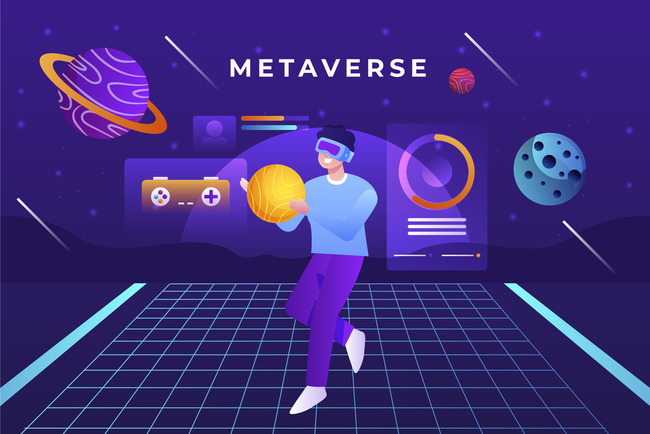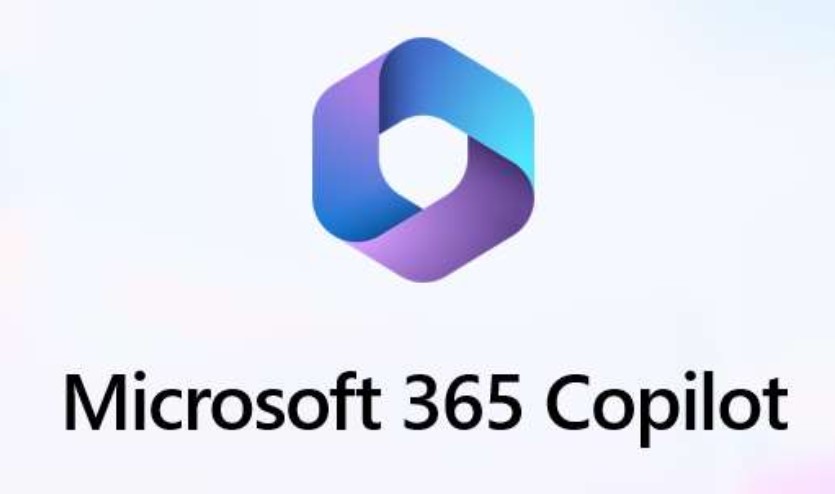The digital realm has evolved, and with it, the concept of work is undergoing a revolutionary transformation. The metaverse, a virtual reality space where users can interact with a computer-generated environment, is not just a gaming hub. It’s increasingly becoming the future workplace. As we delve into the intricacies of this metamorphosis, we explore the potential impact, challenges, and opportunities that lie ahead.
Embracing the Metaverse Revolution
Defining the Metaverse
The metaverse is a collective virtual shared space that is created by the convergence of physical and virtual reality. It’s a space where users, represented by avatars, can engage with a computer-generated environment in real-time. This immersive experience is not just about escapism; it’s about redefining how we collaborate, innovate, and conduct business.
Beyond Virtual Reality
Unlike traditional video conferencing or remote collaboration tools, the metaverse offers a more immersive and interactive experience. Imagine attending a business meeting where your avatar interacts with colleagues in a digital boardroom or collaborating on a project in a virtual environment. The metaverse is not just a technological upgrade; it’s a paradigm shift in how we perceive work and connectivity.
The Metaverse at Work
Remote Work Redefined
Remote work, a trend accelerated by the global pandemic, is poised for a profound evolution in the metaverse. No longer confined to video calls and messaging apps, employees can gather in virtual offices, fostering a sense of presence and connection that goes beyond the limitations of a physical workspace.
Enhanced Collaboration
One of the key advantages of the metaverse is its potential to enhance collaboration. Teams can work together in a shared digital space, breaking down geographical barriers. Whether brainstorming ideas or working on intricate projects, the metaverse facilitates real-time collaboration, potentially increasing productivity and fostering creativity.
Virtual Professional Networking
Networking is an integral part of career growth, and the metaverse brings a new dimension to professional connections. Attend virtual conferences, engage in industry-specific events, or simply meet colleagues in a digital coffee shop – the metaverse opens up avenues for networking that transcend the constraints of physical location.
Challenges on the Horizon
Technological Hurdles
While the metaverse presents exciting possibilities, it is not without its challenges. Access to reliable high-speed internet, the need for advanced virtual reality (VR) equipment, and potential security concerns are among the technological hurdles that need to be addressed for widespread adoption.
Privacy Concerns
The immersive nature of the metaverse raises important questions about privacy. As our professional and personal lives increasingly blend in virtual spaces, safeguarding sensitive information becomes paramount. Striking the right balance between connectivity and data protection will be crucial.
Inclusivity and Accessibility
For the metaverse to truly shape the future of work, it must be inclusive and accessible to all. Addressing issues of accessibility for people with disabilities and ensuring a diverse range of voices are represented in virtual spaces are challenges that need thoughtful consideration.
Opportunities for Growth
New Business Models
The metaverse opens up avenues for innovative business models. From virtual storefronts to immersive brand experiences, companies can explore new ways to engage with their audience. Entrepreneurs can establish a presence in the metaverse, creating and selling virtual products and services.
Skill Evolution
As the metaverse becomes integral to the workplace, there will be an increased demand for skills related to virtual collaboration, 3D design, and immersive technology. Upskilling and reskilling programs will play a crucial role in preparing the workforce for the jobs of tomorrow.
Global Talent Pool
The metaverse allows companies to tap into a global talent pool without the constraints of physical location. This not only enhances diversity in the workforce but also enables organizations to access specialized skills that may not be readily available in their local area.
Conclusion
The future of work in the metaverse is not a distant concept; it’s unfolding before our eyes. As technology continues to advance, businesses and individuals must adapt to stay relevant. The metaverse presents a unique opportunity to redefine the way we work, collaborate, and connect. While challenges exist, the potential for innovation, growth, and a more connected global workforce is on the horizon. Embracing the metaverse revolution may well be the key to navigating tomorrow’s professional landscape.






